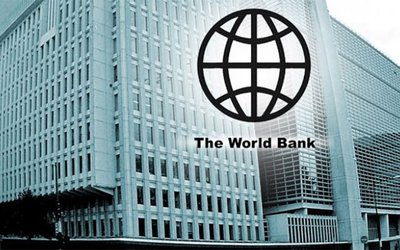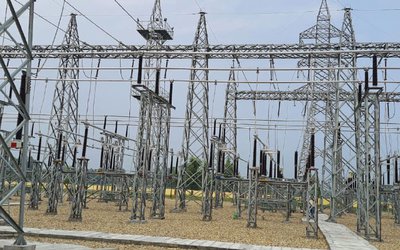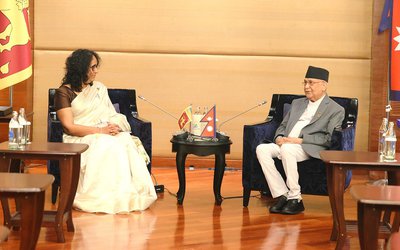After the criticism of certain provisions of the Cross Border Trade of Electricity Guidelines in Nepal and other countries, the Indian government has issued a statement clarifying its stand.
“India has issued the Cross Border Trade of Electricity Guidelines to pursue trade with SAARC countries. Presently, India has Cross Border Trade of Electricity with Bangladesh, Bhutan, Nepal and Myanmar,” said the Indian authorities.
However, Nepalese private sectors, which are waiting to see more open and competitive energy prospects, have expressed frustration over certain provisions of the guidelines, which did not allow joint venture projects with third countries.
Although the guidelines place certain restrictions for the private sector, they are a boon for a public sector entity like Nepal Electricity Authority, which has been dealing with India for long.
With the guidelines, the government needs to strengthen the NEA, making it capable to handle bigger projects, built to export electricity to India.
The trade of electricity has mostly been taking place under Government-to-Government negotiations, which inherently take a longer time. In order to facilitate and promote cross border trade of electricity with greater transparency, consistency and predictability in regulatory approaches, India has pro-actively issued the new guidelines on cross border trade of electricity.
According to a press release issued by the Indian Embassy, the guidelines specify the institutional framework and required processes to facilitate power trade. It also broadly specifies provisions about the participating entities, and provisions have been made such that maximum entities get opportunity to trade electricity with India. Under ease of doing business, India has simplified the process for all the Government owned companies of the neighboring countries. But, this does not debar other companies / entities from participating in the trade of electricity. The guidelines also facilitate determination of tariff for such trade of electricity.
Even though the power exchanges are not operational in the neighboring countries and they don’t have significant experience of trading power through the power exchanges, India has taken lead in promoting trade of electricity by neighboring countries through Indian Power Exchanges. The modalities and products of such power trade through the exchanges will be as per the extant power market regulations. The guidelines also talk about the transmission system, scheduling and accounting, grid operation safety and security, etc.
The present guidelines give the broad contours on cross border trade of electricity. The details of process and procedure will be made more transparent through the regulations, which will be issued shortly by Central Electricity Regulatory Commission (CERC).
The guidelines are based broadly on the experience gained over the years. Presently, the trade of electricity has increased many folds with our neighboring countries. Particularly with Bangladesh, India has been able to supply 6 Billion Unit (BU) of power within a span of 3 years from the date of signing of the Memorandum of Understanding (MoU) and is further considering enhancing the supply of electricity.
Indian authorities are claiming that with the issuance of these guidelines, it is expected that the hydro power potential of the neighboring countries, which has not been harnessed over the years, will be developed on fast track as the stakeholders including financers would be having transparency in the utilization of such power projects.
One of the positive parts of the guidelines is that Nepal’s public sector entity like NEA needs to strengthen capacity to construct bigger projects eying on the Indian market.

Keshab Poudel
Poudel is the editor of New Spotlight Magazine.
- FM Dr. Deuba’s India Visit: Mission Aborted
- Mar 26, 2025
- AMBASSADOR MAEDA TORU: Warm Regards
- Mar 24, 2025
- PRO-MONARCHY MOVEMENT: Rising Dissatisfaction
- Mar 23, 2025
- Dr. PRABIN MANANDHAR: Person With Humility
- Mar 16, 2025
- US SUSPESION OF GRANT: Impact On Nepal
- Mar 10, 2025














